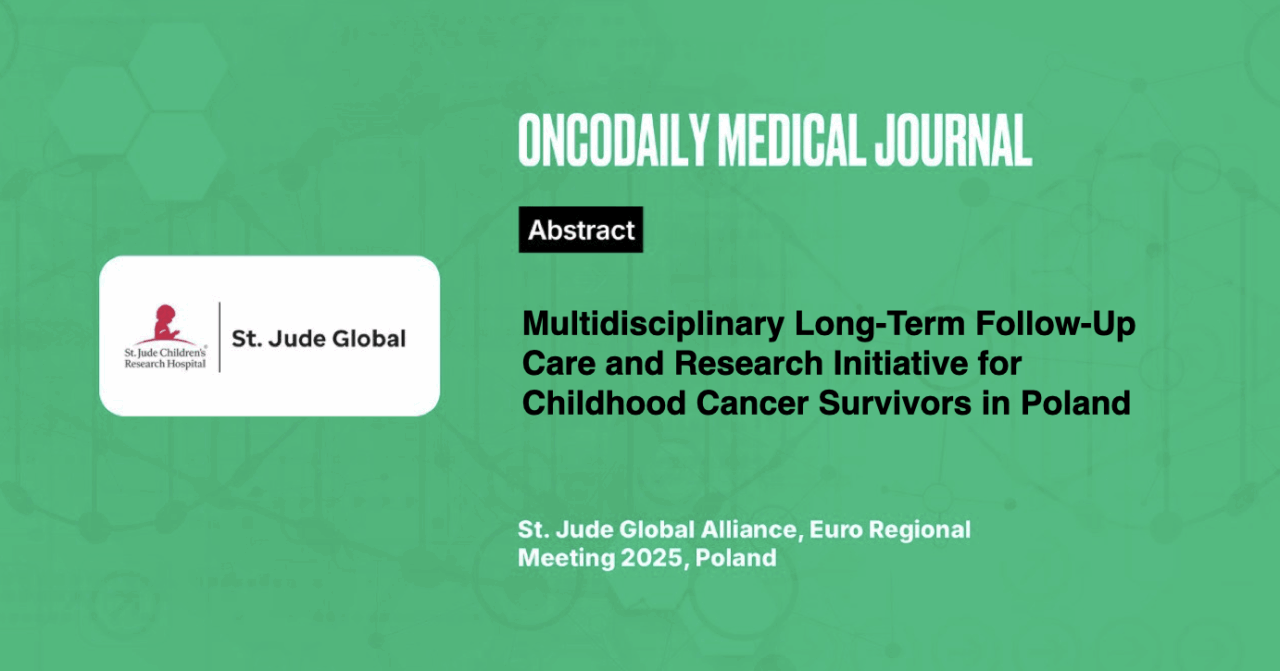Multidisciplinary Long-Term Follow-Up Care and Research Initiative for Childhood Cancer Survivors in Poland
Abstract
Introduction: Childhood cancer survivors are at increased risk of late effects, both medical and psychosocial, including secondary cancers, multiorgan dysfunction, anxiety, and depression. These risks necessitate long-term, multidisciplinary follow-up care. While such systems are well-established in many countries, Poland’s national healthcare system lacks a formal structure to address the needs of survivors. To bridge this gap, the Saving Kids with Cancer Foundation, in cooperation with Wroclaw Medical University, has launched a groundbreaking initiative that combines clinical care and research to support survivors and advance knowledge of late effects.
Methodology: A pilot clinic has been established with a multidisciplinary team of physicians and psychologists working collaboratively to provide holistic care. Each survivor receives an individualized care plan focused on monitoring and managing late effects, psychosocial support, and the opportunity to join a survivor network. In parallel, the foundation is expanding the National Pediatric Cancer Database by integrating a dedicated module to collect data on late effects, enabling nationwide analysis and the identification of patterns to improve survivorship care.
Results: The initiative is anticipated to foster strong engagement from survivors, families, and healthcare professionals. Data collected through clinic visits are expected to refine care pathways and inform database development. The integration of clinical and research components aims to create a continuous feedback loop, supporting ongoing improvements in patient care and scientific understanding.
Conclusion: This initiative represents a significant advancement in multidisciplinary care and research for childhood cancer survivors in Poland. By combining direct patient support with a robust, data-driven research component, it paves the way for better survivorship outcomes and serves as a model for nationwide implementation in the future.





